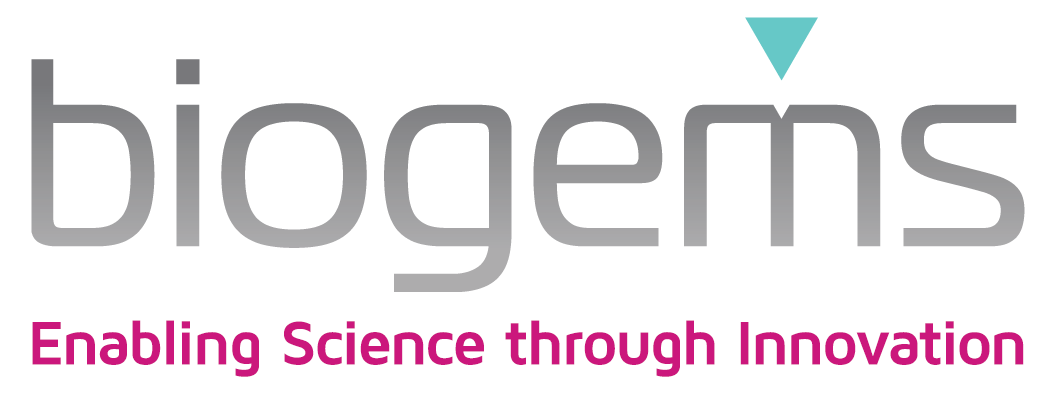Anti-Human CD116 PE
description
Additional Information
|
Clone:
|
4H1
|
|
Format:
|
PE
|
|
Applications:
|
FC
|
|
Reactivity:
|
Human
|
|
Isotype:
|
Mouse IgG1, kappa
|
| Research Interest: | Innate Immunity, Angiogenesis |
|---|---|
| Cell Type: | Dendritic Cells, Macrophage / Monocyte |
| Application: | FC |
| Clone: | 4H1 |
|
Preparation:
|
The product should be stored undiluted at 4°C and should be protected from prolonged exposure to light. Do not freeze. The monoclonal antibody was purified utilizing affinity chromatography and unreacted dye was removed from the product.
|
|
Formulation:
|
Phosphate-buffered aqueous solution, ≤0.09% Sodium azide, may contain carrier protein/stabilizer, ph7.2.
|
|
References:
|
Woodcock, J. M., McClure, B. J., Stomski, F. C., Elliott, M. J., Bagley, C. J., & Lopez, A. F. (1997). The human granulocyte-macrophage colony-stimulating factor (GM-CSF) receptor exists as a preformed receptor complex that can be activated by GM-CSF, interleukin-3, or interleukin-5. Blood, 90(8), 3005-3017. Lopez, A. F., Vadas, M. A., Woodcock, J. M., Milton, S. E., Lewis, A., Elliott, M. J., ... & Park, L. S. (1991). Interleukin-5, interleukin-3, and granulocyte-macrophage colony-stimulating factor cross-compete for binding to cell surface receptors on human eosinophils. Journal of Biological Chemistry, 266(36), 24741-24747. Guthridge, M. A., Barry, E. F., Felquer, F. A., McClure, B. J., Stomski, F. C., Ramshaw, H., & Lopez, A. F. (2004). The phosphoserine-585–dependent pathway of the GM-CSF/IL-3/IL-5 receptors mediates hematopoietic cell survival through activation of NF-κB and induction of bcl-2. Blood, 103(3), 820-827. |
